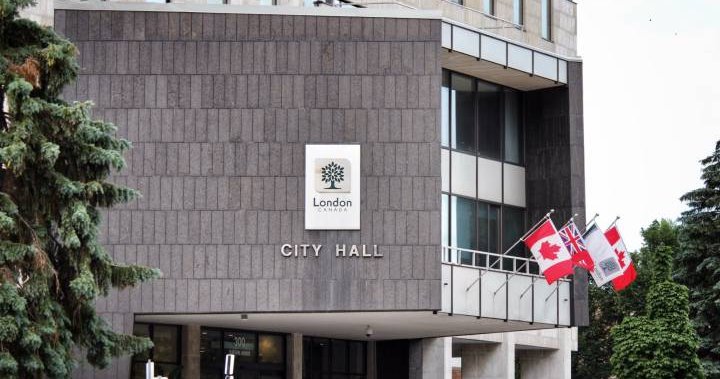London, Ont.’s city council is considering reopening the debate on councillor compensation. A motion going before the Governance Working Group would establish a Council Compensation Review Task Force with the goal of reviewing and updating the compensation for councillors for the 2026 term. The Task Force would review the needs of councillors to effectively carry out their roles, consider if the median full-time income is still an appropriate starting point for compensation, and engage with the public. The last review in 2022 recommended setting annual compensation at the median full-time income for Londoners. Currently, councillors earn $65,137, with the deputy mayor and budget chair roles receiving a 12.5% raise earlier this year to reflect their additional workload.
Deputy Mayor Shawn Lewis emphasizes that the role of councillor is more than a full-time job, requiring constant attention and decision-making with serious consequences for the city’s residents. He argues that the job is equivalent to a high-paying position in the private sector, given the extensive responsibilities of overseeing multiple boards, agencies, and commissions while also fulfilling ward councillor duties. Lewis estimates that the average week for him involves around 50-55 hours of work, with meetings, constituent communications, and external board involvement exceeding typical full-time hours. Ward 5 Coun. Jerry Pribil also acknowledges the intensity of the job, emphasizing the need for councillors to deliver results while navigating the challenges faced by constituents.
In addition to the compensation review, Lewis also calls for a more accurate job description for council members to reflect the various roles and responsibilities they fulfill. As deputy mayor, Lewis not only manages his ward but also chairs the SPPC and governance working group. He highlights the need for more recognition of the legwork done by councillors in meeting with civic departments, boards, and commissions ahead of the budget process. If the Council Compensation Review Task Force is approved by council, it would begin its work in January and provide recommendations by June 2025, aiming to align councillor compensation with the demanding nature of the position and the responsibilities it entails.
The debate around councillor compensation underscores the challenging and multifaceted role of elected officials in London, Ont. Councillors are expected to handle a wide range of responsibilities, from representing their constituents to managing various boards and commissions. The proposed review seeks to ensure that councillor compensation reflects the demands of the job and adequately compensates councillors for their time and efforts. By engaging with the public and considering different factors in setting compensation levels, the Task Force aims to address the complexity of the councillor role and the impact it has on the city and its residents.
The focus on councillor compensation also sheds light on the broader issue of public service and the value of elected officials’ work. While councillors are dedicated to serving their communities, they also require adequate compensation to support themselves and their families. The debate highlights the need to recognize the efforts and sacrifices made by councillors in fulfilling their duties and making important decisions that affect the well-being of the city. By reassessing and potentially adjusting councillor compensation, the City Council demonstrates a commitment to ensuring that elected officials are fairly compensated for their work and can continue to serve the community effectively.


